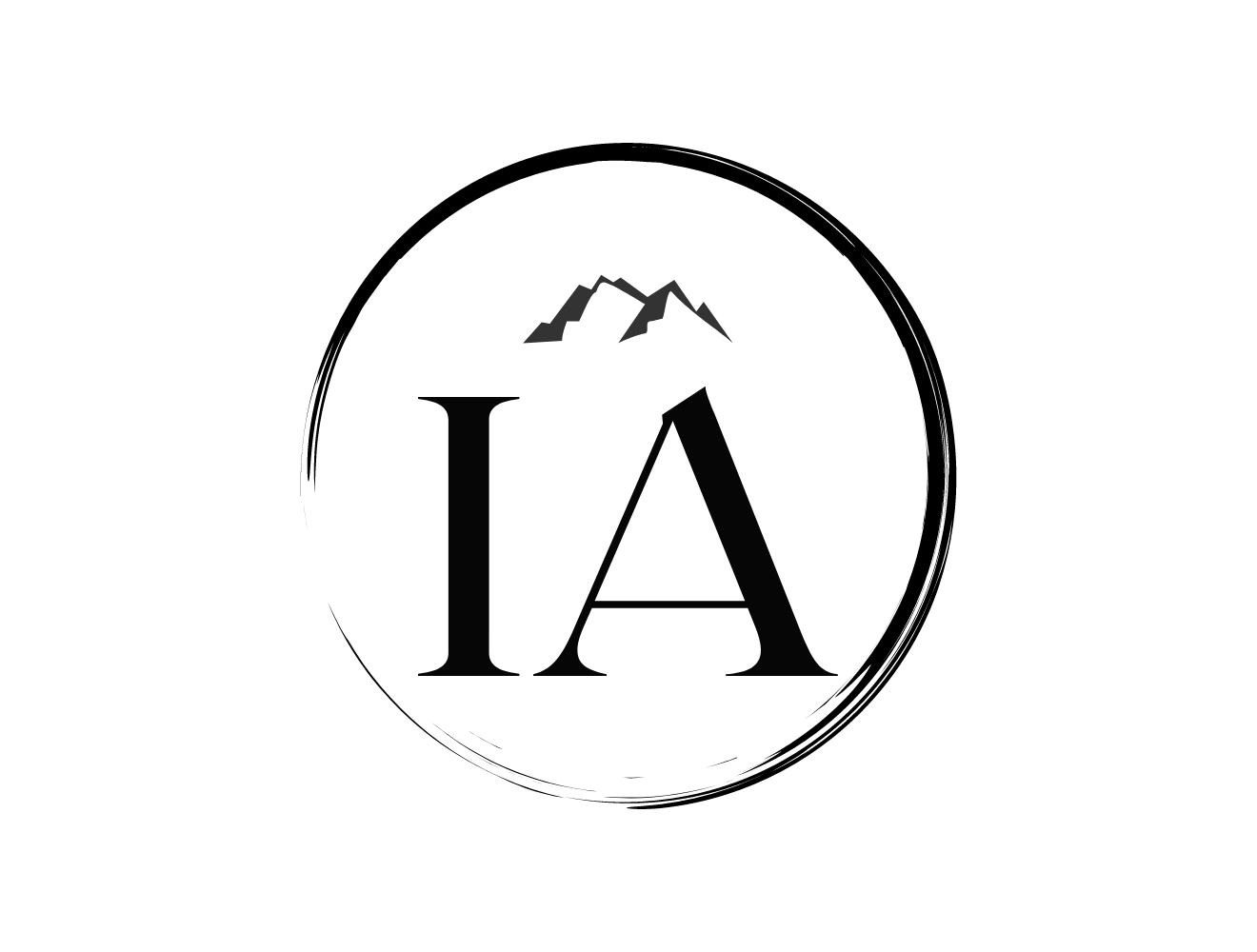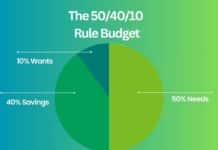Why is financial literacy important?
Financial literacy is one of those skills that can make life a lot easier when you have it, and a lot more difficult if you don’t.
Be it saving money, retirement planning, or knowing how to invest money, it all requires a certain amount of money management skills.
Here I’ve gathered the best ways to improve your financial literacy skills and ensure your financial well-being.
Hit the Books
As I’ve stated many, many times before, I firmly believe reading is THE best way to improve your financial literacy skills.
Not only does reading have numerous health benefits, but it also offers you the most effective way to gain a deep understanding of a subject.
I also think it’s worth mentioning that when I talk about reading, I mean reading traditional books instead of e-books.
As Nicholas Carr mentioned in his outstanding book, The Shallows, we tend to focus better when we read traditional books.
E-books, on the other hand, encourage you to skim through text, which can occasionally make it hard to focus on what you’re reading.
While there’s literally an endless supply of financial books for you to read, I picked out the best financial literacy books for beginners that you might want to check out first!
Apps
While I’m all for reading and encourage people to read traditional books as much as humanly possible, not everyone is so fond of hitting the books.
Fortunately, nowadays, there are a lot of other ways to increase your financial knowledge.
In the past decade or so, the rise of educational apps has offered us a new, practical way of learning.
The best thing about the apps is that the really good ones manage to teach complicated subjects in a simple and interactive way.
If you wish to try some of the best financial literacy and personal finance apps out, check out this list of financial literacy apps from The Motley Fool!
Podcasts
Podcasts have literally been the talk of the town in the past years, and I can completely understand why.
The best way to learn is to be entertained and educated at the same time.
Financial podcasts offer just that.
When you think about it, a podcast is like a talk radio that allows you to choose the subject yourself. Pretty handy, I’d say!
The best thing about podcasts is that you can listen to them and learn while commuting or doing other mind-numbing tasks like cleaning the kitchen.
While it can be challenging to find out the ones that really work for you, I believe this list from Investopedia.com will get you started right away!
Browse the Web
There are tons of educational websites out there that offer you all the information you could possibly need to improve your financial literacy.
If you’re just beginning your journey to becoming financially literate, it might be best to start with sites like Investopedia or Nerdwallet that are proven to be trustworthy.
What’s often overlooked is that different personal finance apps also have educational blogs on their websites that are loaded with financial literacy resources.
You could check out the website blogs from YNAB or Quicken, for example, that have a lot of information about budgeting, saving, and personal finance overall.
Take on the Tube
YouTube has quickly become the go-to place for learning.
No matter what the subject is, there’s almost certainly a high-quality tutorial video for it. Financial literacy is no exception.
When you think about it, it’s like having a personal tutor that knows everything and is available whenever you wish.
And the best part? The service is completely free of charge. It’s pretty amazing if you ask me!
Then again, finding the best channels can be a difficult task. Luckily, there are great lists like this one from Nasdaq.com that’ll help you out.
Study
Can you believe that one of the most efficient ways of learning new things is studying?
Insightful, I know.
The best part is that you don’t have to study finance or economics full-time to get the most out of it. A simple finance literacy course can offer you all the basics you need to ensure your financial well being.
If you wish to study from the comfort of your home, there are tons of web-based services out there like Skillshare or Coursera that offer you an endless supply of educational information and personal finance courses.
You can also attend classes in your local community college or, if you’re really serious, hire a personal tutor to teach you the basics.
Join an Investment Club
If you wish to truly learn something, you should surround yourself with people that share the same goal.
Depending on where you live, there’s a good chance there’s one or more different investment clubs or organizations in your town.
The usual idea of an investment club is to pool money and invest them together. In a way, it’s like a mutual fund on a smaller scale.
While investing together can be a lucrative business, you don’t necessarily need to invest together.
Sometimes just bouncing investing ideas around with other people can be extremely helpful – not to mention you get to socialize with other like-minded people.
Get a Mentor
One of the things I really regret not doing is getting a mentor.
A mentor can help you define and reach your financial goals, as well as help you in making financial decisions.
Having someone to pass silent knowledge to you is invaluable, and you don’t usually get that without a mentor unless you work in the industry.
The best part is that mentors are generally unbiased. Since they’re not financially involved, mentors usually offer you the best and most honest advice available.
Pass It On
If you really want to learn something thoroughly, you should teach it to someone else.
Teaching requires the ability to pass information on clearly and efficiently, which requires a deep understanding of the subject.
The best-case scenario would be to have friends or family that are interested in learning more about finances or, when the time comes, teach personal financial management to your children.
Speaking of which, the best way to teach financial skills to your children is to start early on. The best way to solve financial trouble is to make sure you don’t end up in trouble in the first place.
Financial education is by far the best way to prevent money-related issues.
Consult a Professional
Sometimes hiring a professional can be the key to improving financial literacy and taking charge of your personal finances.
A financial advisor or a certified financial planner can help you define and reach your financial goals as well as point out weak points in your financial situation.
Especially if you’re having trouble with debt management, a financial professional can help you deal with bad debt like credit card debt and prevent you from accumulating debt.
Sparring with a professional will also increase your money management skills and help you reach your financial goals faster.




